Governor Haruhiko Kuroda says Bank of Japan facing ''challenging'' situation amid low inflation
The Bank of Japan's Governor Haruhiko Kuroda in a recently held seminar has said that the central bank is facing big challenges as inflation holds well below its 2% target, whereby underscoring the importance for the bank to maintain its massive stimulus programme.

The Bank of Japan (BOJ) is facing big challenges as inflation holds well below its 2% target, underscoring the importance for Japan`s central bank to maintain its massive stimulus programme, BOJ Governor Haruhiko Kuroda said on Saturday.
Japan`s economy has shown signs of life with a pick-up in global demand boosting exports and factory output. But inflation remains subdued despite four years of aggressive money printing since Kuroda became governor in 2013, as slow wage growth dampens household spending.
"After four years ... our inflation rate is still close to zero. This is certainly a very challenging situation for central bank governors and central bankers in Japan," Kuroda told a seminar held on the sidelines of the Asian Development Bank`s annual meeting in Yokohama, eastern Japan.
While growth and price conditions have "greatly improved," with inflation still well below target, the bank will continue "strong" monetary easing to anchor inflation expectations around 2%, he said.
ALSO READ: Bank of Japan pushes back inflation timeline by one year
"I won`t say I`m struggling, but I`m making my best effort to achieve the 2% inflation target," he said.
Kuroda also said the yen`s depreciation against other currencies has not led to an increase in the country`s exports in recent years, as more companies now produce goods overseas.
Instead, the weak yen has pushed up corporate profits, which should lead to higher wages and capital expenditure, he said.
"Textbooks say that when your exchange rate depreciates, your exports will increase and improve your trade balance," Kuroda said.
"In the case of Japan, exchange rates are affecting not much the trade balance but the corporate profit situation, through which domestic demand will fluctuate," he said.
After more than three years of huge asset purchases failed to accelerate inflation, the BOJ revamped its policy framework last September to one aimed at capping long-term interest rates.
But it has kept a pledge to increase its government bond holdings at a pace of around 80 trillion yen ($710 billion) per year, as part of efforts to cap long-term rates.
Most analysts polled by Reuters expect the BOJ`s next move to be a tightening of monetary policy, though many do not expect it to happen until next year at the earliest.
A senior International Monetary Fund (IMF) official said Japan`s economy still needs support from ultra-easy policy despite budding signs of recovery, stressing that it was premature for the bank to withdraw stimulus any time soon.
ALSO READ: Bank of Japan seen standing pat, may highlight disparity on growth and prices
Get Latest Business News, Stock Market Updates and Videos; Check your tax outgo through Income Tax Calculator and save money through our Personal Finance coverage. Check Business Breaking News Live on Zee Business Twitter and Facebook. Subscribe on YouTube.
RECOMMENDED STORIES
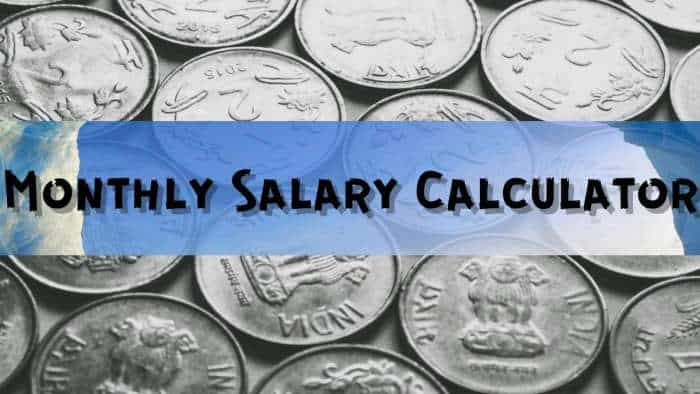
Monthly Pay Calculations: Is your basic salary Rs 24,900, Rs 51,500, Rs 70,000, or Rs 1,01,400? Know what can be your total salary?
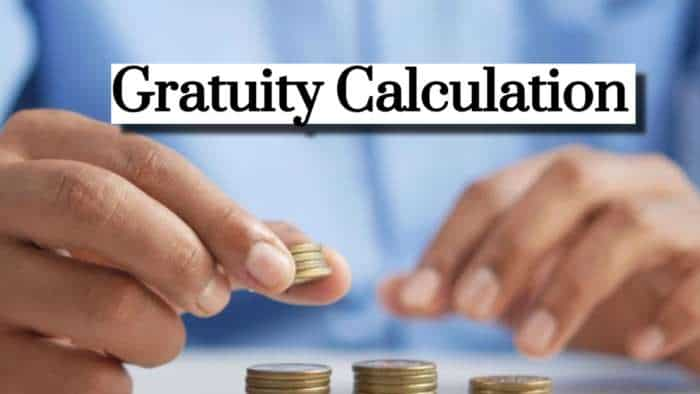
Gratuity Calculation: What will be your gratuity on Rs 45,000 last-drawn basic salary for 6 years & 9 months of service?
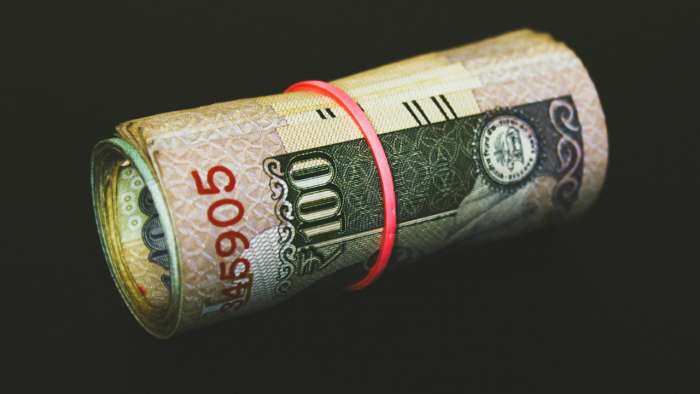
Income Tax Calculations: What will be your tax liability if your salary is Rs 8.25 lakh, Rs 14.50 lakh, Rs 20.75 lakh, or Rs 26.10 lakh? See calculations
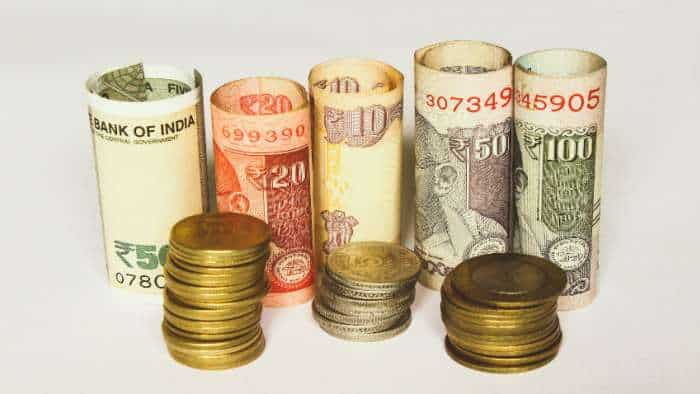
8th Pay Commission Pension Calculations: Can basic pension be more than Rs 2.75 lakh in new Pay Commission? See how it may be possible

SBI Revamped Gold Deposit Scheme: Do you keep your gold in bank locker? You can also earn interest on it through this SBI scheme
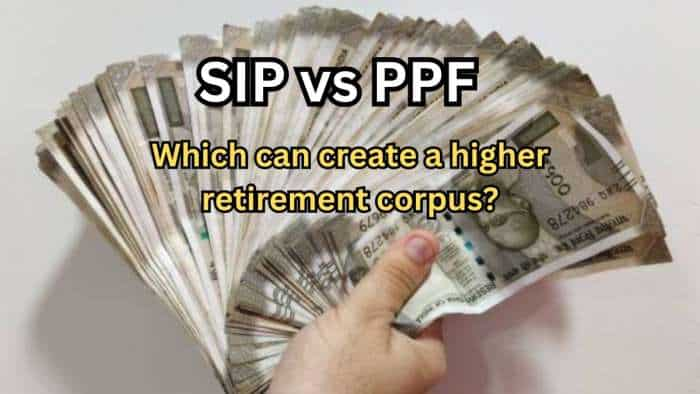
SIP vs PPF: Rs 1,00,000/year investment for 35 years; which scheme can generate a higher retirement corpus
04:42 PM IST







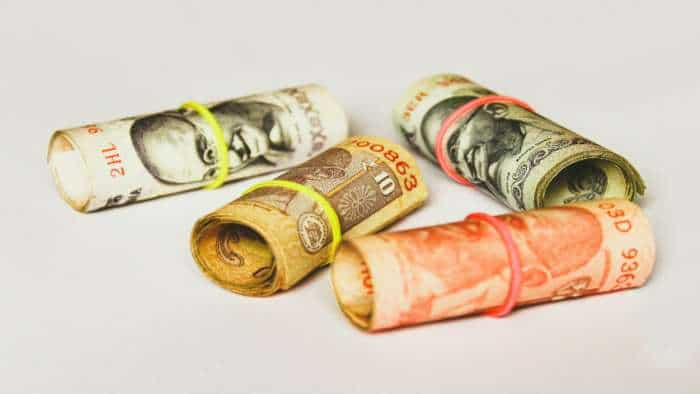
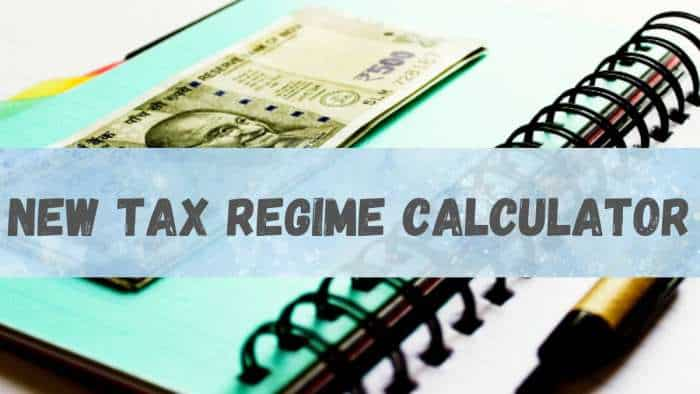

 Bank of Japan keeps monetary policy steady as US Fed hikes interest rate in three months
Bank of Japan keeps monetary policy steady as US Fed hikes interest rate in three months  Bank of Japan seen standing pat, may highlight disparity on growth and prices
Bank of Japan seen standing pat, may highlight disparity on growth and prices Bank of Japan likely to keep monetary policy steady on December 20
Bank of Japan likely to keep monetary policy steady on December 20  Yen surges strongly after Bank of Japan holds off from easing
Yen surges strongly after Bank of Japan holds off from easing  Bank of Japan pushes back inflation timeline by one year
Bank of Japan pushes back inflation timeline by one year